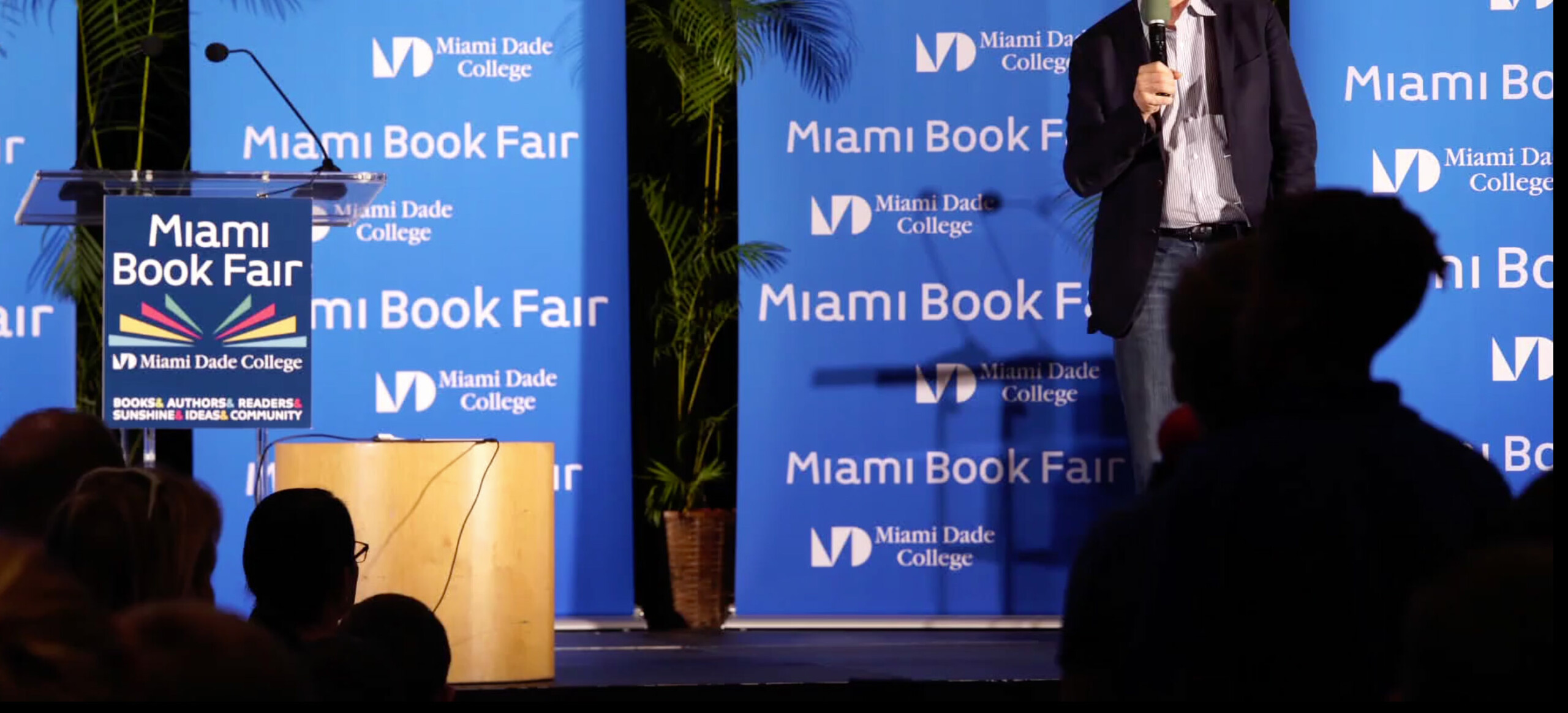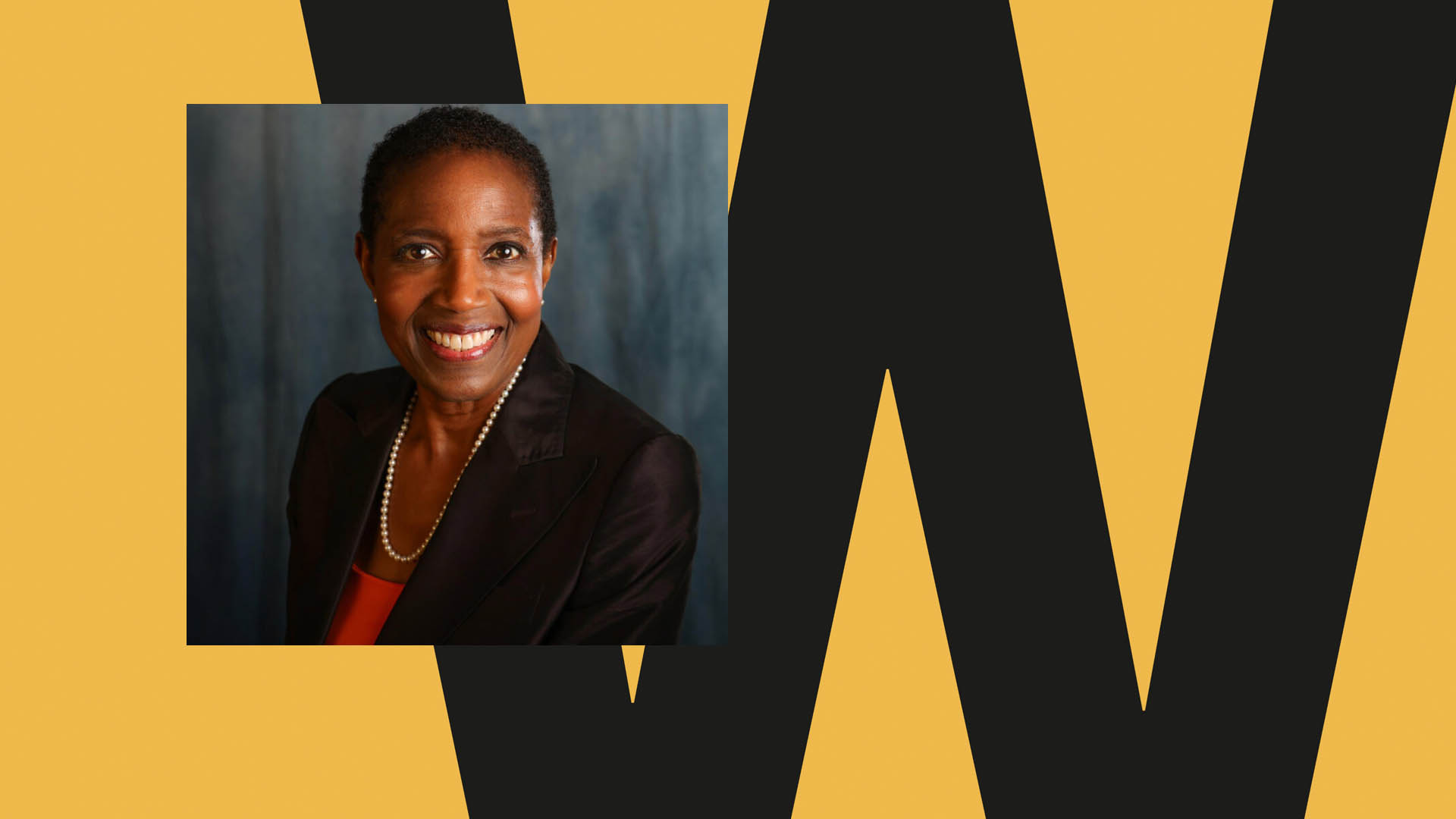In 1991, Anita F. Hill offered landmark testimony against soon-to-be Supreme Court Justice Clarence Thomas as a sexual menace. Her Believing: Our Thirty-Year Journey to End Gender Violence is part memoir, part law and social analysis, and a call to arms which addresses the origins and course of gender violence in our society. Moderated by writer and sociologist Tressie McMillan Cottom, author of THICK: And Other Essays.







